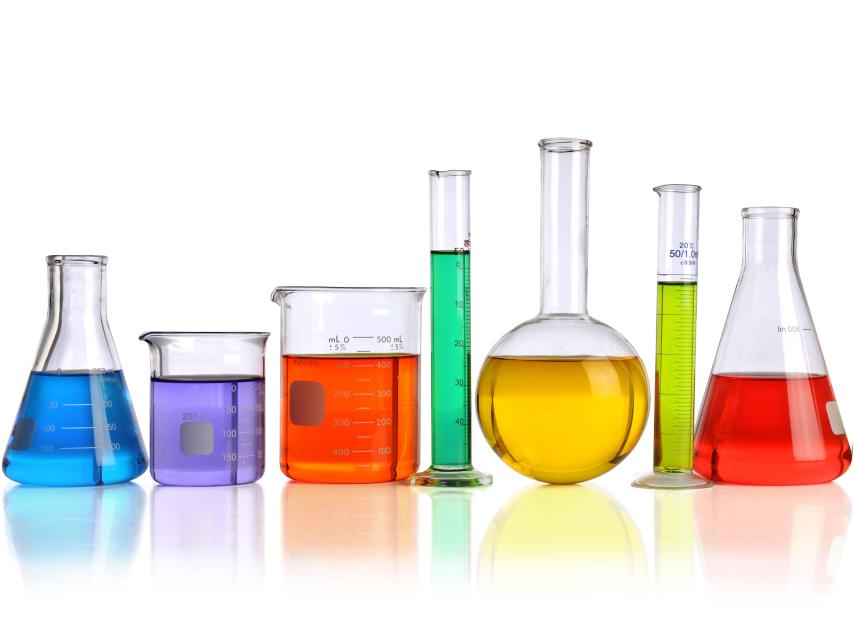Drinking Water Inorganic Ion Safety Check
The safety of drinking water is paramount in ensuring public health and compliance with international standards. Inorganic ions, such as nitrates, chloride, fluoride, and heavy metals like lead and arsenic, can pose significant risks if present in unsafe concentrations. This test focuses on identifying the presence and levels of these critical inorganic ions within drinking water supplies.
The Drinking Water Inorganic Ion Safety Check is essential for quality managers, compliance officers, R&D engineers, and procurement professionals who need to ensure that their water sources meet stringent standards set by regulatory bodies like the World Health Organization (WHO) and the United States Environmental Protection Agency (EPA).
Our testing process involves several stages. Initially, a representative sample of the drinking water is collected according to international guidelines such as ISO 16819:2013 for sampling procedures. The sample is then prepared using state-of-the-art equipment designed to minimize contamination and ensure accurate results.
The testing instruments used include ion-selective electrodes, atomic absorption spectrophotometry (AAS), and inductively coupled plasma mass spectrometry (ICP-MS). These methods allow for precise measurement of even trace amounts of inorganic ions. For instance, AAS is particularly useful for detecting heavy metals like lead and cadmium at parts-per-billion levels.
The acceptance criteria are based on the WHO guidelines for drinking water quality, which specify maximum permissible concentrations (MPCs) for various contaminants. If any ion exceeds these limits, it triggers immediate action to address the issue. The results of our tests are provided in a comprehensive report that includes detailed analysis and recommendations for corrective measures if necessary.
Our laboratory adheres strictly to ISO/IEC 17025:2017 accreditation standards, ensuring the highest level of accuracy and reliability in all testing processes. This commitment to quality is reflected in our consistent results that have been validated through peer review and third-party audits.
The importance of this test cannot be overstated, especially given the increasing concerns about water safety worldwide. By conducting regular checks, organizations can ensure they are providing clean, safe drinking water that meets all relevant standards. This not only protects public health but also enhances the reputation of the organization as a responsible and trustworthy entity.
Our expertise in this field has made us a trusted partner for numerous clients across various sectors including municipalities, private utilities, and industrial facilities. With our advanced testing capabilities and adherence to global standards, we can help you maintain compliance and safeguard your water supply from harmful contaminants.
Industry Applications
The Drinking Water Inorganic Ion Safety Check finds wide application across multiple sectors:
Municipalities: Ensuring that public drinking water supplies are safe and meet all regulatory requirements.
Private Utilities: Providing reliable data for continuous improvement in water quality management.
Industrial Facilities: Monitoring the impact of industrial processes on local water sources to prevent contamination.
R&D Engineers: Developing new technologies and methods for purifying water and reducing contaminants.
Procurement: Evaluating suppliers based on their adherence to strict quality control measures, including inorganic ion safety checks.
Why Choose This Test
The Drinking Water Inorganic Ion Safety Check offers several compelling reasons for choosing our service:
Compliance: Ensures that water supplies comply with international standards and regulations.
Health Protection: Identifies potential health risks early, allowing for prompt corrective actions.
Reputation Enhancement: Demonstrates a commitment to public safety and environmental responsibility.
Cost-Effectiveness: Prevents costly repairs and replacements by addressing issues before they escalate.
Expertise and Experience: Leveraging years of experience in water quality testing for accurate and reliable results.
Accreditation: Our laboratory is ISO/IEC 17025:2017 accredited, ensuring the highest standards of testing.
Quality and Reliability Assurance
At our laboratory, we take pride in maintaining the highest standards of quality and reliability:
Accreditation: We are ISO/IEC 17025:2017 accredited, ensuring that all testing processes meet international best practices.
Data Integrity: Our systems ensure the accuracy and consistency of test data through rigorous quality control measures.
Continuous Improvement: Regular calibration of equipment and training of staff ensures ongoing excellence in our services.
Confidentiality: We respect client confidentiality by handling all information with utmost discretion.





